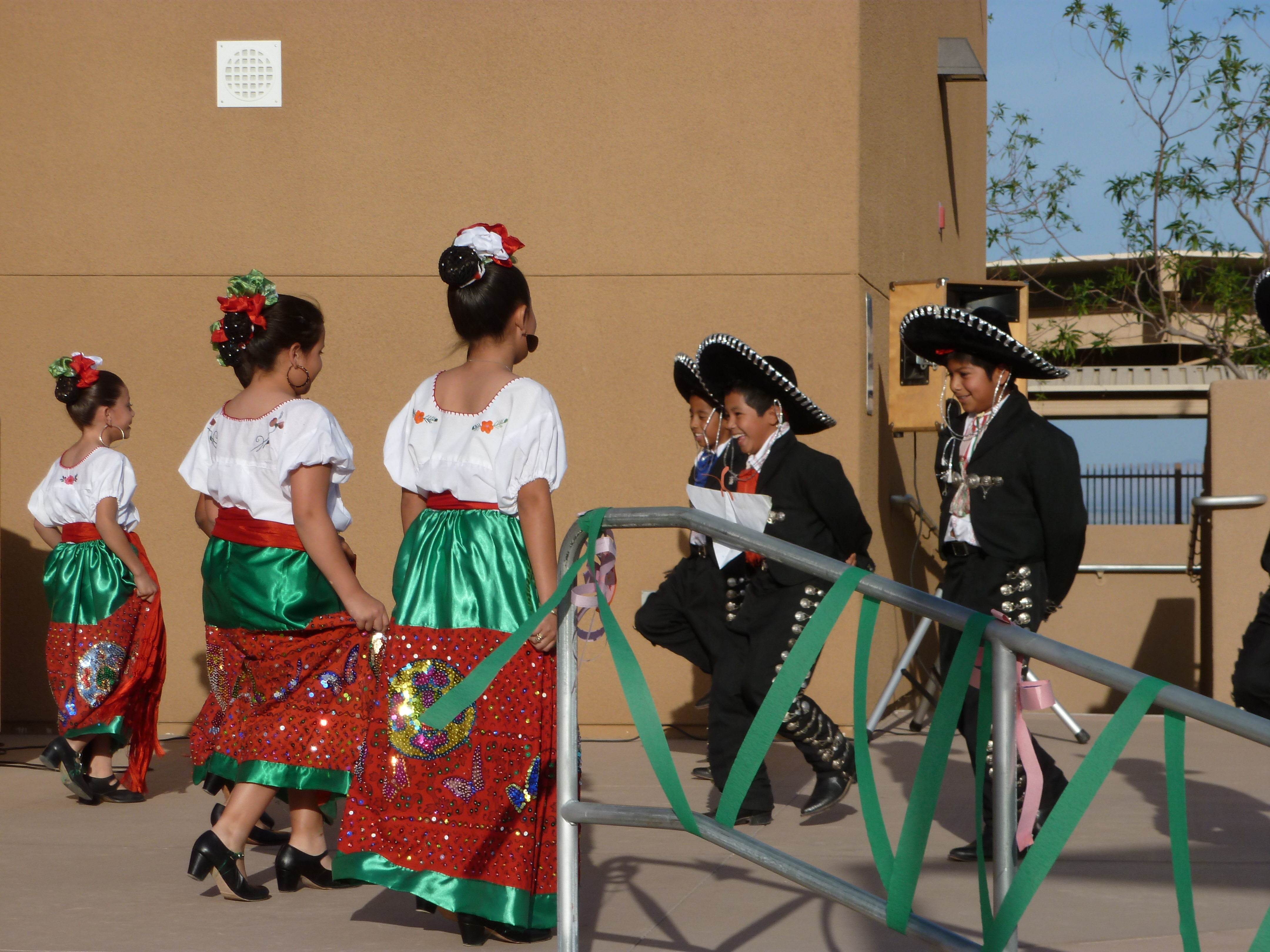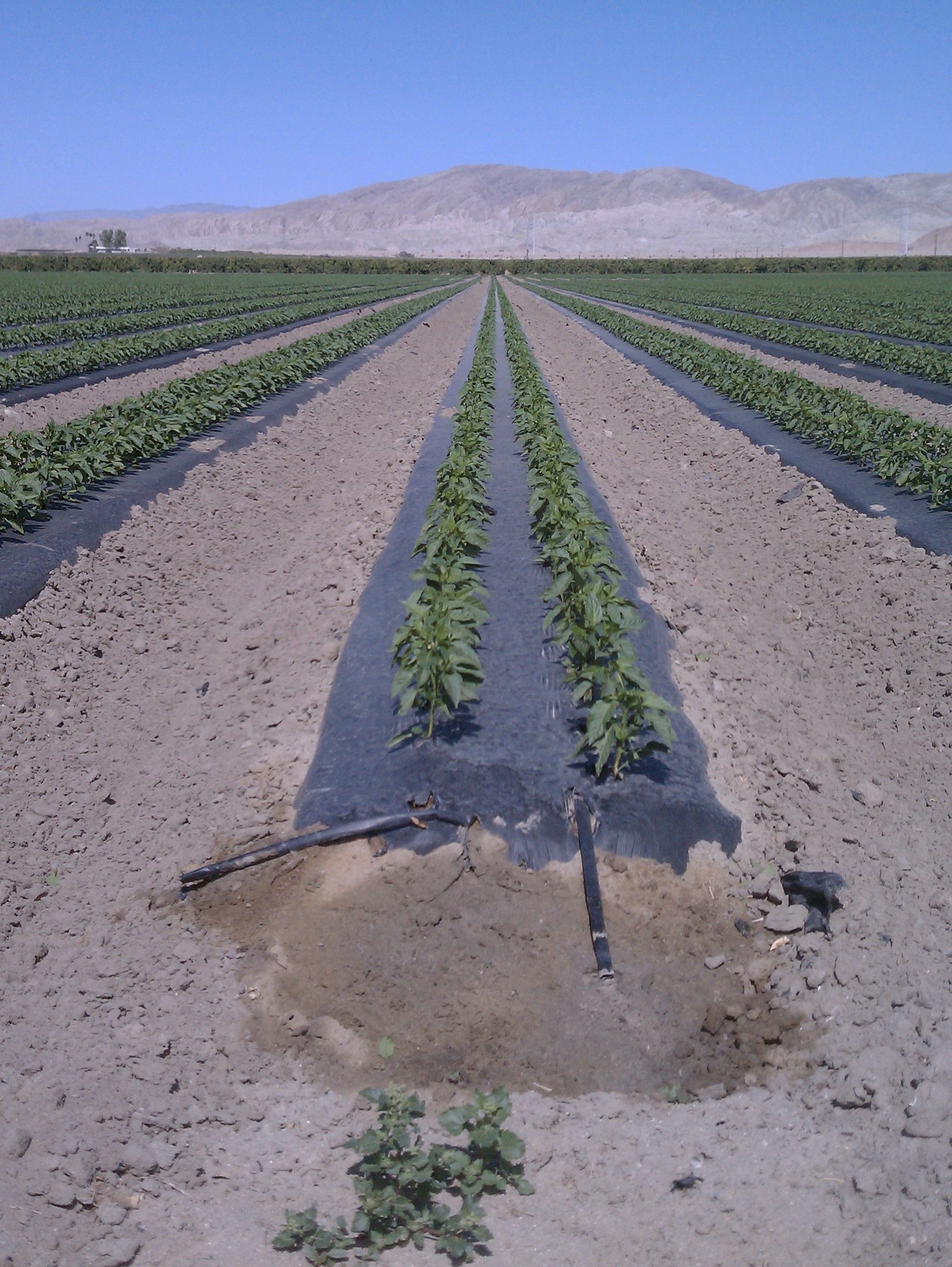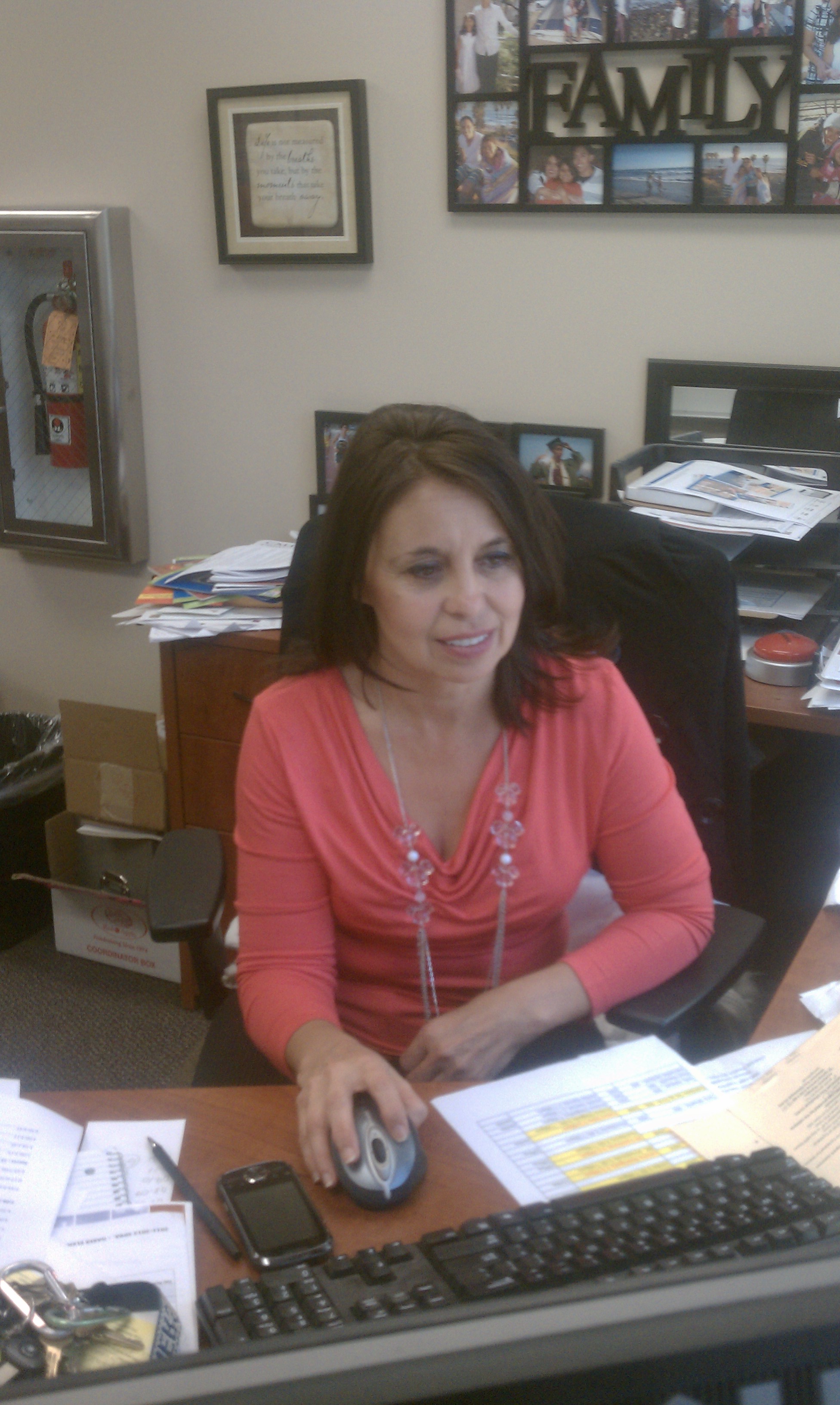By Roger Wallenstein
Last in a series. Previously: One, Two, Three.
They call it a carnival, and the school stages three of them a year.
So we made our way over to Oasis Elementary last Thursday evening to find a few hundred students, parents, and teachers socializing in the courtyard amidst booths for food and games.
Principal Dora Flores greeted people from a table where she was selling tickets which could be redeemed for anything from putt-putt golf to tacos to a cold drink.
Once the program began, we were entertained by Ballet Folklorico and lots of songs. Not only were the kids cute, happy, and proud, but the ambiance exuded a sense of community and togetherness where the children were the center of attention. We also felt a personal sense of pride watching a few of our students engaged in activities other than trying to sort out language skills.

Yet, it is those skills on which these young people are most often judged. That is the reality despite the fact that there is so much more to the story.
* * *
“For many students (but by no means all), lagging achievement evidenced as early as fourth grade appears to be a powerful predictor of rates of high school and college graduation, as well as lifetime earnings,” according to the 2009 McKinsey report, The Economic Impact of the Achievement Gap in America’s Schools.
So what are the choices and ramifications for these 10-year-olds with whom we work each week? Will they be confined to a life of joblessness or low-income wages, substandard housing or homelessness, drug addiction, criminality, and all the other ills that besiege poor people in our country?
If that is the case, then there should be no higher priority for all of us than to make sure they get the best education possible.
This is not just a dilemma for these kids and their families. The McKinsey report provides figures for the dent in GDP for which the achievement gap is responsible, and it goes on to state that “the persistence these educational achievement gaps imposes on the United States is the economic equivalent of a permanent national recession.”
Whether one has empathy or concern for kids like those at Oasis, an eternal recession obviously doesn’t help anyone.
But there is reason for hope.
“We do have some kids who have attended Desert Mirage High School [Oasis is a feeder school] and have gone to [University of California] Berkeley,” Flores says. “We have a student who went to Harvard and students at [UC] Davis, Northridge, students who end up at vocational schools and COD [nearby College of the Desert]. And we have students who I see, and I ask them what they’re doing and they say, ‘Oh, I’m working in the fields.'”

Flores herself came to this country as a 12-year-old child of a migrant worker.
“There’s ten of us in the family,” she says. “My dad would migrate with the oldest siblings. I’m the youngest. Two older brothers had already left the house to come to this country to work in the fields along with my dad. Growers from here would go to Mexico, and they would hire people and bring them here. When the season was over, they had to go back to Mexico. That’s how my dad ended up coming here, and then they gave him an opportunity to become legal. That’s when he began bringing all the kids.
“We all have at one point or another worked in the fields to be able to finance our own schooling and do what we had to do.”
Dora began at local Coachella Valley schools and eventually earned her undergraduate degree from San Diego State before completing a master’s in school administration. She knew not one word of English when she entered seventh grade.

“Everyone would make fun of me,” she says. “It took me until sophomore or junior year before I could feel actually comfortable enough to at least respond in English. I could do it in writing, but orally I didn’t feel comfortable enough.”
Other notables from the Valley include Raul Ruiz, who is running for Congress against incumbent Mary Bono Mack. Ruiz also is the son of farmworkers. He came out of the valley to attend UCLA before moving on to Harvard where he earned three graduate degrees. As a medical doctor, Ruiz has worked to improve access to health care in the Coachella Valley.
These success stories are important, but the overriding issue dwells on the great mass of young people. How can the system help all students make academic strides?
“I can tell the kids that working in the fields [is] not bad for them, but they don’t have to stay there,” Flores says. “They need to look beyond their surroundings and beyond their environment. I engage in conversations with them, and I can be very frank with them because I’ve been there. They can’t tell me, ‘Well, what do you know? You haven’t been there.'”
* * *
While the focus of Ramiro Zamora’s classroom is language, there are a number of instances I’ve observed where kids demonstrate the spark to expand their world knowledge and think beyond their experience.
José was sitting to my left one morning as I read a text about insects with Angel. José is one of the kids who asks good questions, seems interested, and is not hesitant to share opinions.
I could tell he was listening to the conversation about insects. He offered a few tidbits about what he knew about bugs and then we began talking about his text, which covered geographic concepts such as states, capitals, borders, islands, and coasts. When I mentioned that the Colorado River marks the border between California and Arizona 100 miles east of Thermal, José asked, “Where does the river get its water?”
A hydrologist I am not, but I knew that our valley received some of its water from the Colorado via a 122-mile canal, and the concept of mountain run-off also entered the conversation. José didn’t miss a beat. He was curious and his inquiries reflected a desire to learn. At the end, he said, “I never knew that.” Needless to say, there’s a bunch more José doesn’t know, but my prediction is that his curiosity and intuition will reap future benefits.
Without these kinds of encounters, my sense is that teachers like the ones at Oasis find much less motivation to put in the time and energy to guide and facilitate learning. Even though the test scores may not support what I’m about to write, each day is marked by small steps indicating progress in learning the language and attaining knowledge.
The end of the McKinsey report leaves the door open. “The United States has a history of making progress in improving student achievement and in closing the achievement gap, even if this progress has often been modest and uneven,” the report concludes. “The United States has a broad history of success in eventually equipping underutilized groups with greater skills over time, with important benefits for economic performance.”
Progress is the key. It’s happening but time is required. So is patience.
–
Comments welcome.
Posted on April 5, 2012


